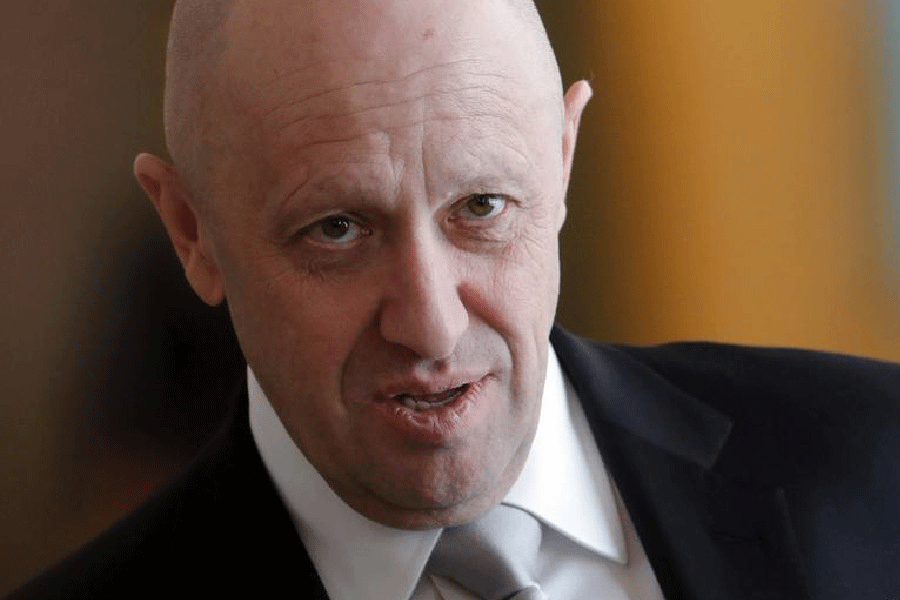The death of Yevgeny Prigozhin, the founder and former boss of Russia’s Wagner mercenary group, in a plane crash last week has raised fresh questions about the Kremlin’s war in Ukraine, its global ambitions, and the risks involved in relying on private security firms. On Sunday, investigators said tests had confirmed that Mr Prigozhin was among the 10 people who died when a small plane they were on crashed northwest of Moscow, two months after he had led a short-lived mutiny against Russia’s armed forces. Much of the speculation since the incident has swirled around whether the Russian president, Vladimir Putin, had any role in Mr Prigozhin’s demise: many critics of Mr Putin have died under mysterious circumstances in the past. Yet, the episode throws light on bigger issues than the suspicions of foul play in the former Wagner chief’s death. Wagner mercenaries — many of whom were hardened criminals sourced from Russian prisons — have been among the most effective fighters for Russia in Ukraine, helping it capture key towns and lock down decisive frontlines. Their levels of motivation are now unclear with the passing of their boss and the uncertainty over Wagner’s future since the attempted mutiny in June.
Those fighters are not only critical for Russia’s imperial ambitions in Ukraine but have also been a central vehicle for Moscow’s projection of power in other parts of the world, most notably Africa. As many countries in the Sahel have looked for support beyond the United States of America and France in recent years, the Wagner Group has stepped in, playing vital security roles in Mali, the Central African Republic and Niger. That Russian clout is now under a cloud following Mr Prigozhin’s death. Yet, Wagner has also brought fresh attention to broader questions over private militias. The US outsourced parts of its war in Iraq to private contractors like Blackwater. In Sudan, the former president, Omar al-Bashir, used the Rapid Support Forces militia to maintain his stranglehold over power. Mr Prigozhin eventually challenged the Russian military, but the RSF formed a part of the government in Sudan after Mr Bashir was overthrown and is now locked in a civil war with Sudan’s army. Not bound by the discipline of professional armies, fighters for the RSF, Wagner and Blackwater have also been accused of human rights violations. Mr Prigozhin’s death could offer the global community a chance to reflect. It must take it.











